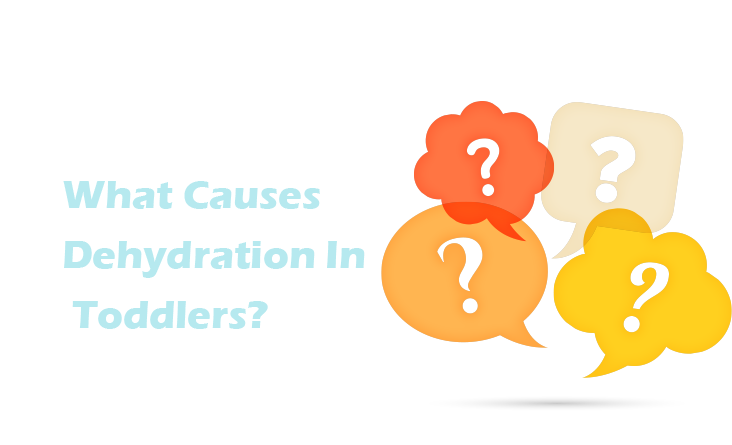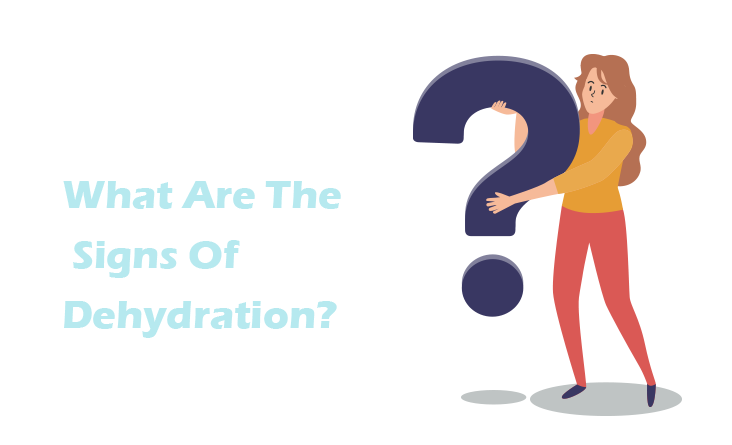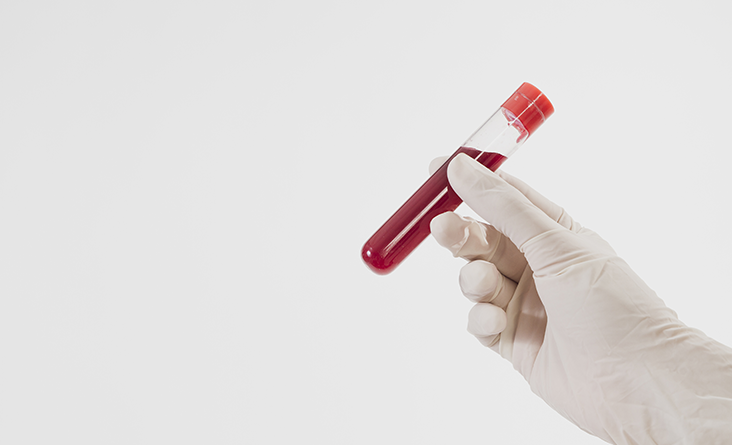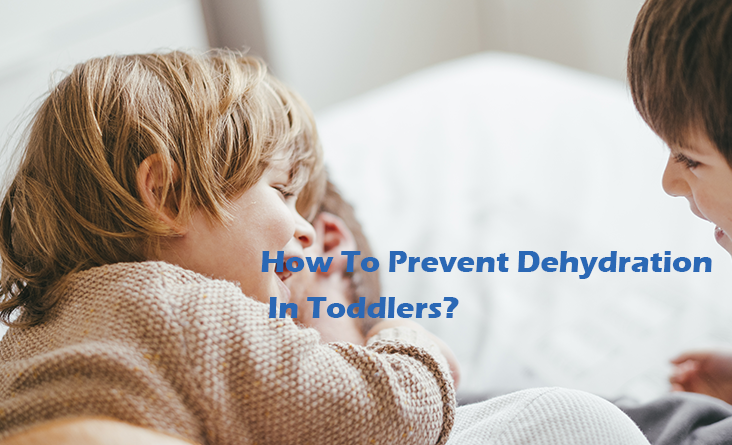Dehydration in toddlers may happen in the summers or even during bouts of infection. The avenues of water loss are aplenty from excessive sweating to chronic diarrhea. We, at the kingdom Of baby, provide all that you need to know about the dehydration issue.
What Causes Dehydration In Toddlers?

Toddlers can lose fluids in various ways, thus resulting in diarrhea:
- Diarrhea is the main cause of water loss among toddlers. The condition emerges due to chronic loose stools caused by viral, bacterial, or parasitic infection, and even food allergy. The condition causes a rapid water loss from the toddler’s body, thus, leading to dehydration.
- Vomiting rapidly depletes the body’s fluid reserves, just as diarrhea does.
- The high body temperature during a fever makes the body lose water quickly, especially when the toddler sweats.
- High heat and humidity lead to excessive sweating, which can lead to dehydration and heatstroke. Toddlers who play a lot in the outdoors can be prone to this form of dehydration. Your toddler may not be able to tell you about dehydration but their body gives you enough signals.
What Are The Signs Of Dehydration?

- Dry mouth is the earliest sign of dehydration in toddlers. You notice lesser salivation, and the mouth appears sticky with dry lips.
- There is no urination for at least three hours.
- There are fewer tears than normal when the toddler cries.
- The toddler’s eyes appear sunken into the sockets.
- The toddler’s soft spot at the top of the head called fontanelle appears shrunk when touched.
- Dry, chapped skin as it gets drier than normal, and you may see it cracking and chapping.
- The toddler would be disinterested in any activity. He will have lower levels of concentration and would act fussy when coaxed to do something.
Read also:
When To Rush To a Doctor

- Drowsiness and semi-unconsciousness
- Repeated vomiting and diarrhea for 24 hours
- Disorientation and the baby does not respond appropriately
- Urination happens only once or twice in 24 hours
Chronic vomiting and diarrhea cause rapid fluid loss while infrequent urination indicates that dehydration has begun already. This is when the toddler must be taken to a doctor for a diagnosis.
How Is Dehydration Diagnosed?

- Blood test helps understand the levels of sodium and potassium in the blood. If they are low, then it is a case of dehydration. The presence of a pathogen is also determined through a blood test.
- Urine test checks for concentrated urine, which is a tell-tale sign of dehydration and an indicator of low fluid levels in the body.
What Are The Home Remedies For Dehydration?

Follow These Steps At Home To Relieve The Toddler’s Dehydration:
- Feed foods that hydrate: Make the toddler eat fruits with high water content, such as watermelon and bananas. You can also give fresh and tender coconut water. Feed diluted fruit purees, vegetable or chicken broth, and preparations with high water content such as khichdi. Yogurt is also a good option against dehydration.
- Give Plenty Of Water: Give sips of water at regular intervals and increase the frequency when the weather is hot or humid.
Do not give fruit juice and commercial sports drinks as they contain high sugar and sodium, which can increase dehydration levels.
If the toddler suffers from diarrhea, then cut down on milk since it can aggravate loose stools.
You may also consult a pediatrician or a pediatric dietician to know what foods suit your toddler. Once the toddler is back to good health, feed them the usual way.
How To Prevent Dehydration In Toddlers?

- Keep the toddler hydrated. Make sure they get adequate fluids in accordance with their lifestyle and weather. Toddlers who spend a lot of time outdoors need more water than those who play indoors. Fluid loss through sweating is higher in humid conditions; therefore the toddler must have regular sips of water. You can add mint leaves or a bit of lime juice to the water.
- Prevent Infections Of The Gastrointestinal Tract As They Can Lead To Diarrhea And Vomiting – Conditions That Cause Fluid Loss. Maintain hygiene and teach your toddler healthy habits such as washing hands before and after meals and when coming back home from outside. Preventing infections also minimizes the risk of fever, which is another cause of dehydration.
- Experts Recommend Dressing Your Toddler In Light Weight, Light-Colored, And Loose-Fitting Clothing in hot and humid weather. Heat dissipation is better in such outfits, thus reducing the possibility of overheating and dehydration.
Having adequate fluid intake is the key to prevent dehydration in toddlers. Don’t forget, the more dynamic your toddler, the more water they will need.
Staying vigilant helps detect dehydration early.
Read also:
- The Dry Lips During Pregnancy.
- 13 Things Moms Forget To Pack In Dad’s Hospital Bag.
- Assessment Of Abdominal Pain During Pregnancy.
WOMEN STICK TOGETHER, SHARING IS CARING!


